Flavius Stilicho: The Last Great Roman General
An Overview of Roman Empire's Decline
As the Western Roman Empire staggered towards its eventual collapse, the fate of its territories rested in the hands of a select few individuals who struggled to maintain order amid political fragmentation and external threats. Among the most notable figures of this era was Flavius Stilicho, a military commander whose efforts to preserve the empire have been both celebrated and critiqued by historians.
Stilicho’s life unfolded during one of the most tumultuous periods in Roman history, spanning the late 4th century and early 5th century AD. Born into a period marked by burgeoning aggressions from barbarian tribes such as the Goths, Vandals, and Huns, Stilicho emerged as a capable leader who sought to stem the tides of chaos and disorder. Nevertheless, his legacy is a complex tapestry woven with threads of political intrigue, military prowess, and personal ambition.
Early Life and Rise to Power
Flavius Stilicho was born around 359 AD to a Vandal father who had enlisted as a cavalry officer in the Roman army—an origin that positioned him both as an outsider and a soldier by birthright. His early life and family were steeped in the multiethnic dynamics that characterized the Roman Empire, which was composed of a diverse array of peoples bound together under Roman rule.
Stilicho’s career began in the military, where his remarkable skills on the battlefield distinguished him from his peers. His rise to prominence, however, owes much to his rapport with the imperial court. He found favor with Emperor Theodosius I, one of the last great Roman emperors who reigned over both the Eastern and Western halves of the empire. Theodosius, recognizing Stilicho's talent and loyalty, appointed him as Count of the Domestics, head of the household cavalry, and entrusted him with a mission to negotiate peace with the Persians.
Stilicho's adept handling of this diplomatic task earned him significant prestige, culminating in his appointment as magister militum, or Master of Soldiers, a crucial role that made him the effective commander of the Roman army in the Western Empire. His clout was further solidified through marriage to Serena, Theodosius's niece, which aligned him closely with the imperial family and ensured his position within the Roman hierarchy.
Theodosius's Successor: A Fractured Empire
The death of Theodosius I in 395 AD marked a pivotal turning point in Roman history. The empire was divided between his two young sons: Arcadius, who assumed control in the East, and Honorius in the West. Stilicho was assigned the formidable task of acting as regent for Honorius, who at that time was too young to govern effectively.
This transfer of power exacerbated existing tensions, as the Eastern and Western Empires drifted further apart, each beset by internal and external challenges. Stilicho found himself embroiled in the struggles for dominance within the empire. The Eastern court, led by ruling factions that were wary of Stilicho's authority in the West, proved reluctant to cooperate with him.
Stilicho's efforts to consolidate power and maintain the unity of the Western Empire met with varying degrees of success. His strong military capabilities and strategic acumen were repeatedly brought to bear against the Visigoths, who posed one of the most significant threats to the Roman territories. Yet despite his achievements in battle, including notable victories against the Visigothic King Alaric, Stilicho's position remained precarious.
Marching Through Political Minefields
Beyond the battlefield, Stilicho had to navigate the treacherous currents of Roman politics. His attempts to negotiate alliances, including a marriage between his daughter and the Eastern Roman heir, only served to heighten suspicions and strained relations with the East. The animosity that arose from these political maneuvers would come to play a crucial role in Stilicho's fate.
Moreover, as a man of Vandal descent, Stilicho was an outsider in Roman aristocratic circles, and his influence was often viewed with suspicion by those seeking to preserve traditional Roman authority. His mixed heritage provided his opponents with ample material for political smear campaigns that undermined his authority and cast doubts on his motives.
Stilicho's career, marked by strategic brilliance and political complexity, reflects the broader narrative of a Roman Empire in decline. As barbarian threats loomed larger on the horizon and as internal strife wracked the corridors of power, Stilicho stood as a bastion of Roman resilience, fighting to keep the raveling threads of the empire intact. His story, however, was far from over, as both military and political storms continued to gather in the turbulent skies above the Western Roman Empire.
Military Campaigns and Challenges
Flavius Stilicho's military campaigns against external threats were instrumental in stalling the collapse of the Western Roman Empire for a time. The period of his stewardship was marked by several significant military confrontations that showcased both his strategic genius and the limitations of Roman power in the face of incessant barbarian incursions.
One of the most persistent threats came from the Visigoths, who, under the leadership of King Alaric, sought new lands in which to settle after being displaced by Hunnic invasions. Stilicho's dealings with the Visigoths were complex, characterized by both fierce battles and strategic diplomacy. In 402 AD, Stilicho achieved a decisive victory against Alaric at the Battle of Pollentia in northern Italy. This encounter effectively delayed the Visigoths' momentum temporarily, securing a tenuous peace for Roman territories.
Yet victory was never absolute. Stilicho was compelled to wage a war of attrition, knowing that each success was often short-lived. Two years later, the Visigoths again invaded Italy, prompting Stilicho to defeat them once more at the Battle of Verona in 403 AD. His ability to repel Alaric’s forces on multiple occasions earned him a reputation as one of the empire’s most adept military leaders.
Apart from the Visigoths, Stilicho's challenges also included threats from the Vandal and Alani tribes in Gaul, as well as domestic dissensions among Roman generals who questioned his authority. His task was further complicated by the lack of support from the Eastern Roman Empire, which remained preoccupied with its own set of challenges and largely uninterested in Western affairs.
Economic Strains and Stretched Resources
While Stilicho's military achievements were notable, they stretched the Roman Empire's resources to the breaking point. Continuous war efforts placed an enormous financial strain on Roman coffers, while incessant deployments of troops left some provincial defenses weakened. The burden of maintaining a vast army to defend myriad borders was a significant factor contributing to the economic deterioration of the Western Empire.
To fund military operations, Stilicho was forced to increase taxation—a deeply unpopular measure that sparked resentment among the Roman populace. These increased taxes only served to further damage the empire's fragile economy, undermining public confidence and exacerbating the discontent that simmered beneath the surface of Roman society.
In addition to financial struggles, Stilicho also confronted logistical challenges inherent in directing military operations across the sprawling expanse of Roman territories. Communication was often cumbersome, and the coordination required to manage disparate forces was a daunting task. Stilicho's ability to maneuver through these obstacles underscored his leadership skills, though each success was costly in terms of diminishing resources.
Political Intrigue and Courtly Betrayal
Despite his military successes, Stilicho's political career was dogged by intrigue and accusations that eventually led to his downfall. Economic troubles, combined with the empire’s precarious security situation, provided fertile ground for opponents at court to promote dissent against him. Factions within the Western Roman court, wary of Stilicho’s influence and ambitions, began to view him as a barrier to their interests.
As political machinations unfolded, insidious allegations began to swirl around Stilicho. Rumors spread that he conspired with the Visigoths to usurp control of the empire, a charge fueled by his decision to retain a diplomatic line of communication with Alaric. Though these claims were unsubstantiated and likely politically motivated, they resonated with growing xenophobic sentiments against non-Roman leaders. Stilicho's Vandal heritage made him an easy target for such smear campaigns.
The decisive turning point came in 408 AD when Honorius, swayed by his advisors and growing paranoia, turned against his former protector. Stilicho, sensing the rising tide of hostility, sought sanctuary in a church, hoping that his past loyalty would shield him from danger. However, his defenses were insufficient against the tide of treachery sweeping the court. He was arrested and executed in Ravenna—a tragic end for a man who had devoted his life to the service of Rome.
Legacy and Historical Interpretation
The legacy of Flavius Stilicho is a complex and multifaceted one, reflecting both the virtues and vices of the late Roman Empire. Historians continue to debate his impact and efficacy, with some viewing him as a stalwart defender of Rome and others critiquing his political decisions and perceived ambitions.
In his lifetime, Stilicho succeeded in forestalling the disintegration of the Western Roman Empire through sheer determination and military strategy. His attempts to navigate the swirling maelstrom of politics and violence in the waning days of Roman power highlight the challenges faced by those who sought to preserve imperial supremacy in Western Europe.
However, Stilicho's fall laid bare the fragility and internal divisions within the Roman state. His death marked the ceasing of a central unifying military command—creating a vacuum that could not be easily filled and hastening the empire's decline. The tumultuous events following his execution, including renewed Visigothic campaigns, echoed the repercussions of losing such a pivotal figure.
By examining Stilicho’s life, one gains deeper insights into the broader themes of loyalty, power dynamics, and survival in an era defined by loss and transition. His story remains emblematic of the complexities inherent in Roman governance during an age when the empire's glories had faded, and its vulnerabilities lay exposed.
The Aftermath of Stilicho's Fall
With Stilicho's execution, the Western Roman Empire lost one of its most vigorous defenders, and his absence was quickly felt across the empire's troubled landscape. The power vacuum left by his death not only exposed the vulnerabilities within the Roman state but also emboldened the very enemies Stilicho had so ardently fought against.
The Visigoths, under the leadership of Alaric, seized the opportunity to advance their interests aggressively. Alaric's forces resumed their incursions into Italian lands, facing significantly reduced opposition now that Stilicho's military command was no longer in place to counter their advances. In 410 AD, just two years after Stilicho’s execution, Rome itself faced calamity: Alaric's Visigoths famously sacked the city, marking a monumental and symbolic moment in the decline of the Western Roman Empire.
This event was not just a military disaster but a cultural watershed—the sack of Rome by a foreign army was an almost unfathomable humiliation for the Western Roman world. It shocked the Roman citizenry and sent ripples of uncertainty through the broader Mediterranean world, irreparably damaging the empire's prestige and signaling a sharp decline in Roman power.
Evaluating Stilicho’s Contributions and Strategy
In evaluating Stilicho's contributions to the annals of Roman history, one must consider the multifaceted approach he employed in dealing with the various threats to the Western Empire. His strategies often encompassed both warfare and diplomacy—a reflection of the complex realpolitik required to navigate such a tumultuous historical moment.
Stilicho's ability to field effective military responses against formidable opponents such as the Visigoths remains a testament to his tactical and strategic prowess. Despite limited resources, he achieved temporary reprisals against barbarian advances, buying the Western Empire precious time and delaying its impending collapse.
Critics, however, sometimes point to his diplomatic negotiations with Alaric and others as tacit evidence of potential overreach and ambition. Efforts to engage the Eastern Roman Empire through marital alliances and proposed pacts—though politically motivated—ultimately isolated him within his sphere of influence. The lack of synchronized policy between East and West further hindered his objectives and eroded his standings with those questioning his methods.
Similarly, Stilicho's legacy suffers from accusations of excessive ambition, a charge not uncommon for powerful figures in antiquity. The intersection of his own aspirations and his critical role within an unstable empire paints a picture of a leader whose scope of vision perhaps unintentionally threatened his contemporaries, raising speculation around allegiances and intents even as he strove to uphold imperial stability.
Stilicho's Enduring Influence on Historical Discourse
Despite the tragic end to his career, Flavius Stilicho's influence endures in the historical narrative of the late Roman Empire. As an emblem of Rome's struggle for survival amid internal decay and external invasions, Stilicho continues to capture the interest of scholars and historians eager to dissect the causes behind the disintegration of imperial power in the West.
Stilicho stands as both a symbol of military brilliance and a casualty of political treachery, representing the composites of skill and vulnerability that characterized this period. His life and work underscore the complex interplay between ethnicity, loyalty, military decision-making, and political exigency that defined leadership roles during the Roman Empire's twilight years.
Historiographically, assessments of Stilicho have evolved in a continued effort to contextualize his motives and actions. His military ventures have been scrutinized for their impacts on preserving Roman boundaries, while his political maneuverings raised discussions on the pragmatic limitations of leadership during a weakening state. Evaluations reflect evolving perspectives that remain central to understanding late antiquity and gauge the elements of failure driving the collapse of historical powers.
Ultimately, the life and career of Flavius Stilicho constitute a valuable case study in the legacy of leadership during times of crisis. They offer insights into the broader themes of resistance, betrayal, and the enduring quests for authority amid the shadows of decline. Through the lens of his contributions, historians can glean an enriched understanding of a transformative era, reminding us of the timeless complexities surrounding power and impermanence.

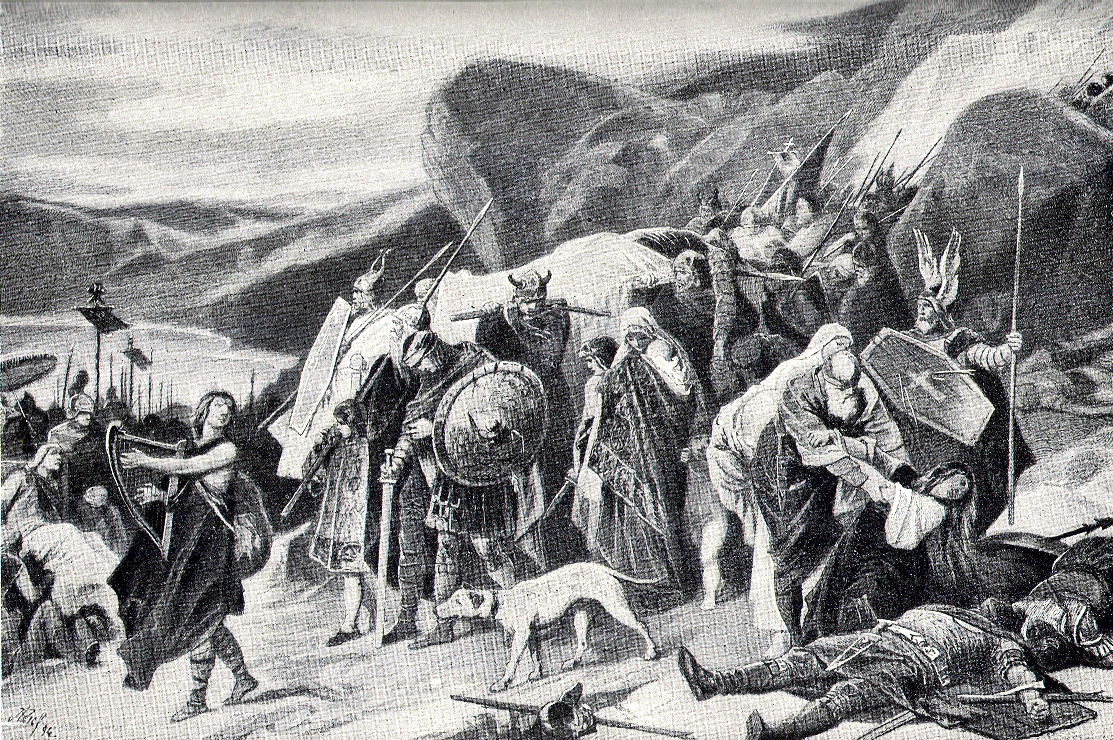
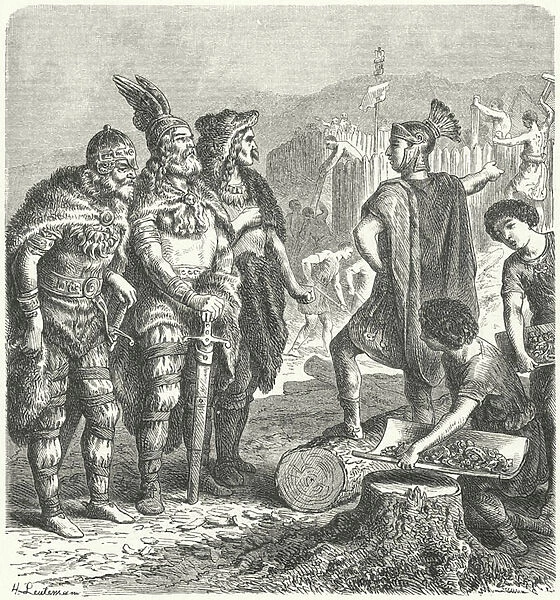

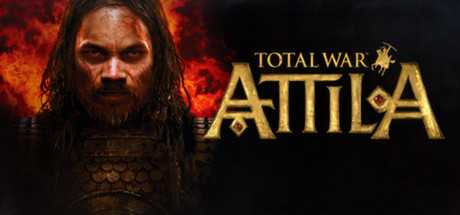


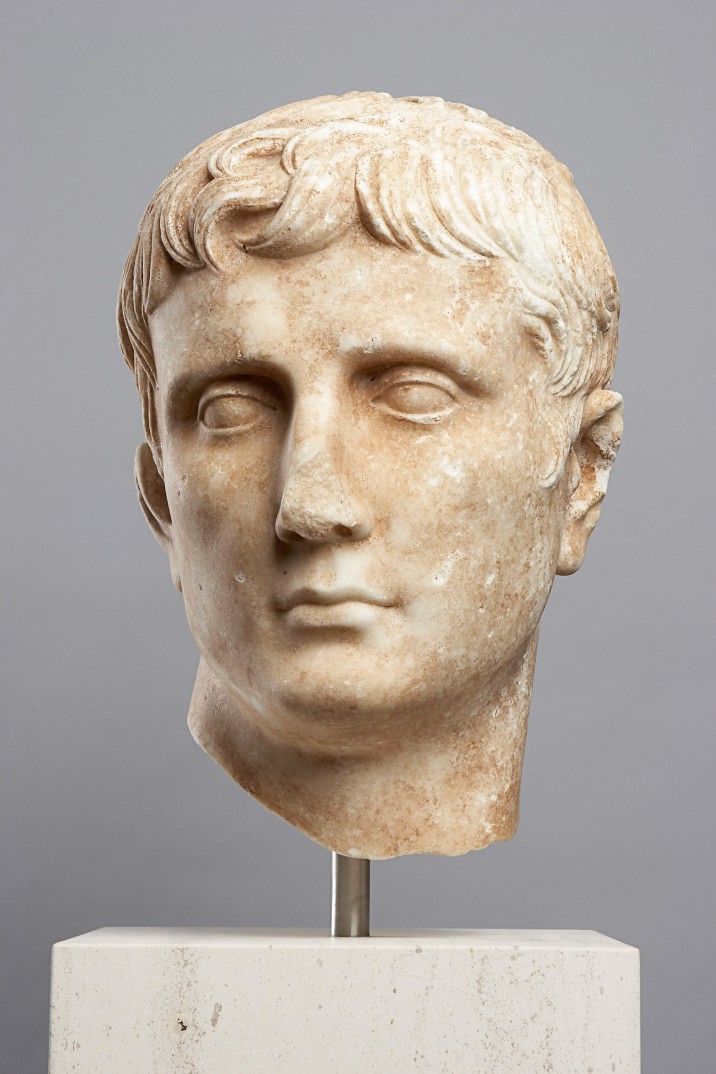


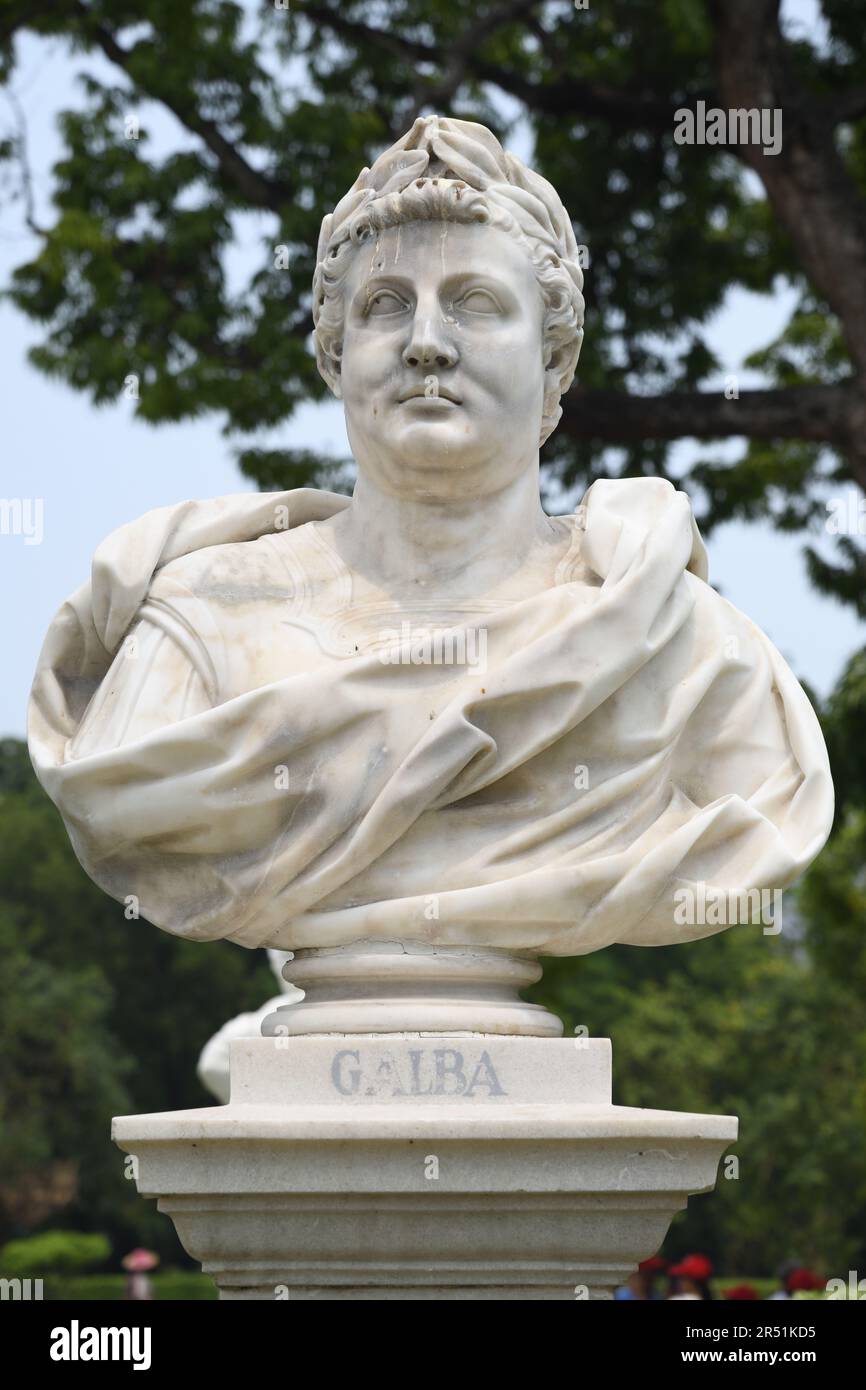
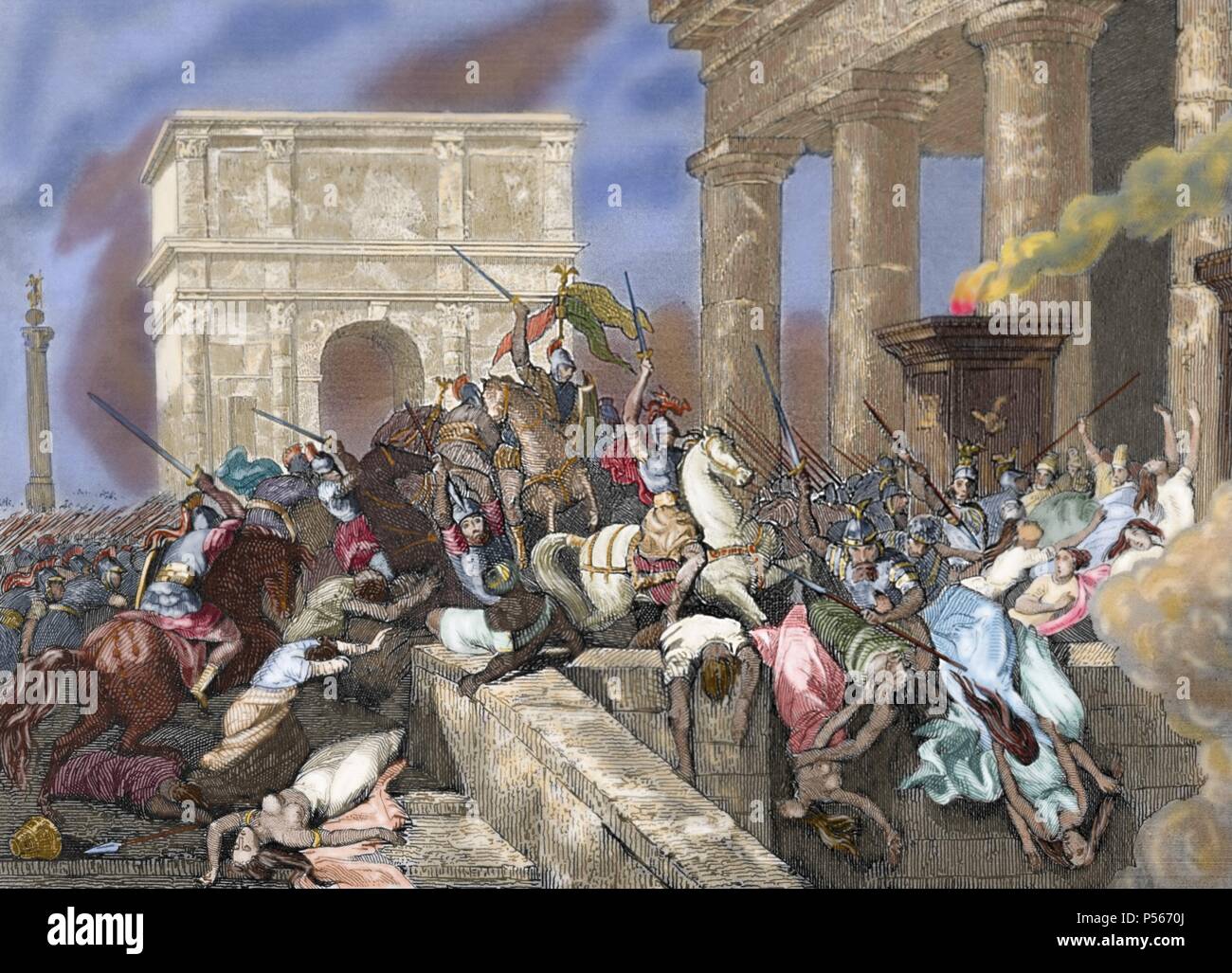

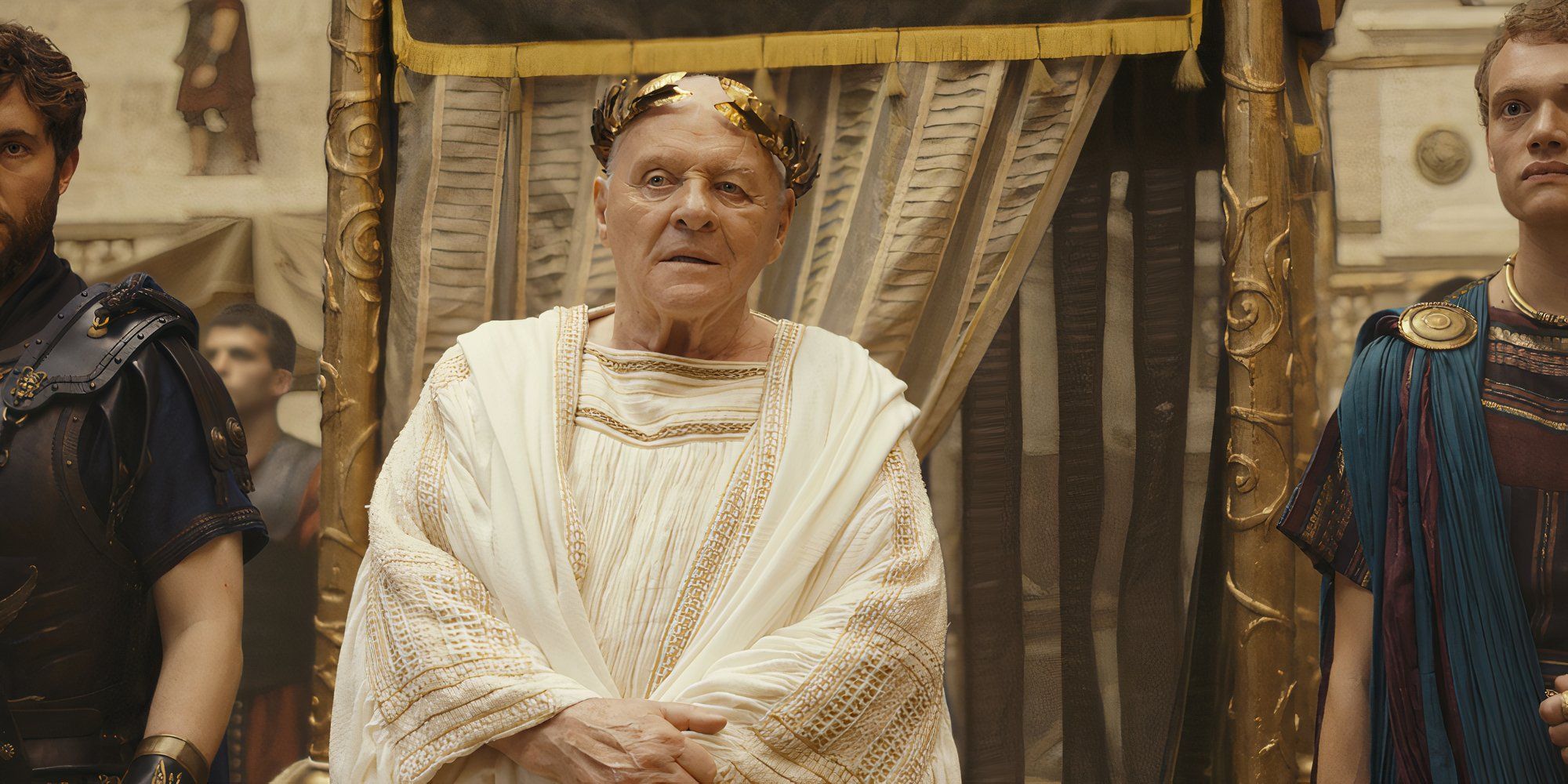
:focal(1134x648:1135x649)/https://tf-cmsv2-smithsonianmag-media.s3.amazonaws.com/filer_public/49/26/4926c5f7-b1c9-4b5c-842c-cfe6cdb13a1d/panoramica_1.jpg)
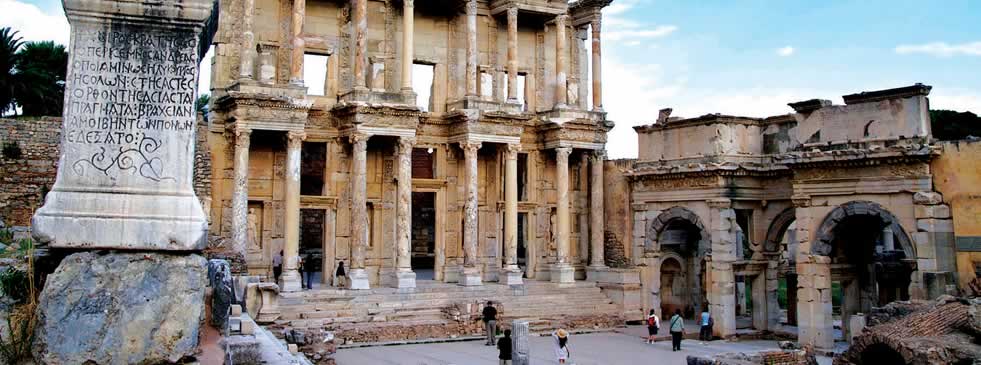
Comments